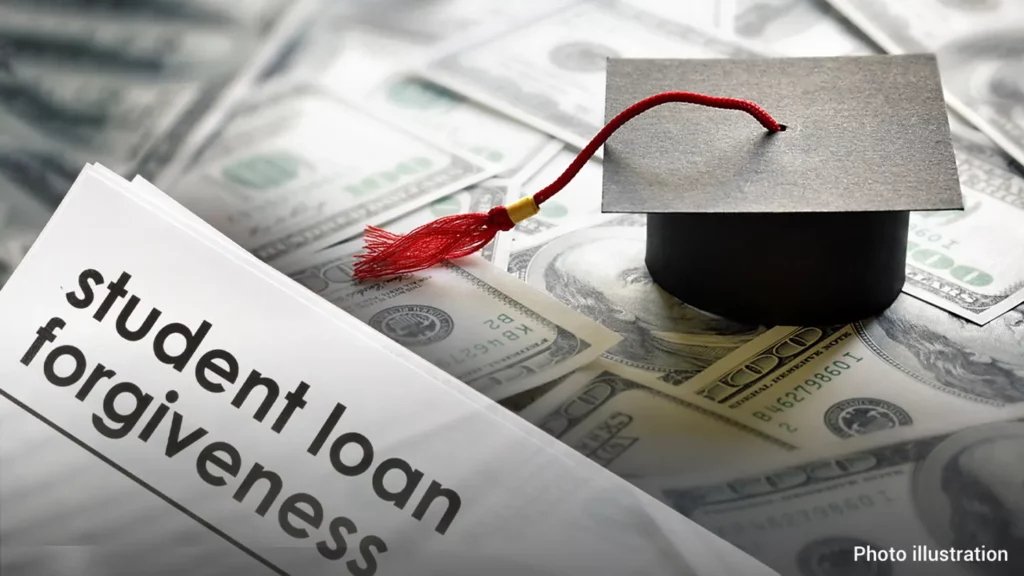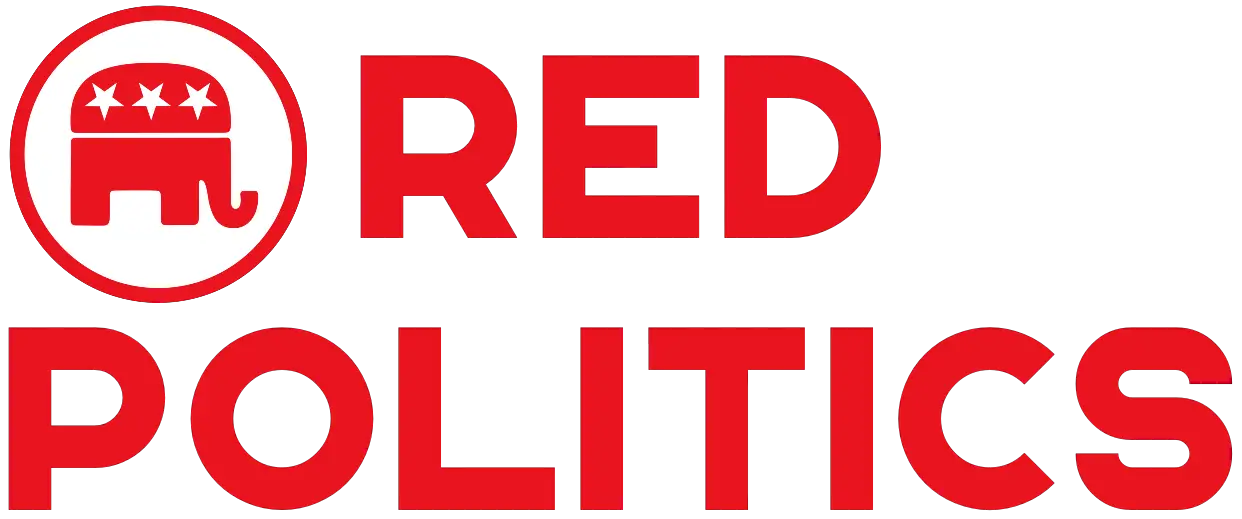
As the US Supreme Court prepares to hear oral arguments in a pair of expedited legal challenges regarding the student loan relief program that could cancel hundreds of billions of dollars in borrower debt, many are questioning whether President Biden has overstepped his bounds.
The coalition of six GOP-led states — Nebraska, Missouri, Arkansas, Iowa, Kansas and South Carolina — want to block the federal debt forgiveness plan, calling it an executive branch overreach absent any clear congressional mandate. They are supported by 17 other states, more than 170 Republican members of Congress, and a range of conservative advocacy groups.
The program, if allowed to be fully implemented, could benefit about 40 million Americans, offering up to $20,000 of debt relief to qualified at-risk federal Pell Grant borrowers and $10,000 for non-Pell Grant recipients. The Education Department has already announced a “payment pause” until mid-2023.
Nearly $441 billion in outstanding student loans are eligible for forgiveness under the plan, and it is expected to wipe out balances for almost 40% of federal student loan borrowers, according to the Federal Reserve Bank of New York.
While the Biden administration argues that the upcoming end of emergency declarations does not change what it calls the “legal justification” for extending the student loan plan, the GOP-led states argue that the administration is using the waning health crisis as a pretext power grab to bypass Congress and score political points.
This program has been heavily criticized by many Republicans who believe that it will only hurt a long-term solution through bipartisan legislative efforts. “It’s true that students are drowning in debt and that this has become a crisis, but Biden’s bailout does nothing to actually solve it,” said Elaine Parker, president of the Job Creators Network Foundation (JCNF).
While the GOP-led states are challenging the debt forgiveness plan, the Biden administration told the high court that its debt relief efforts “fall comfortably within the plain text of the [HEROES Act]” and was a reasonable, targeted solution to confront the risk of default, based on lingering financial hardship caused by an unexpected public health crisis.
The first hurdle for the Republican states will be standing, or justification to prove actual harm by the challenged policies. From the perspective of most Americans, we’re obviously nowhere near the place we were several years ago when this whole pandemic started,” said Thomas Dupree, an appellate attorney and former top Bush Justice Department official. “And so the Supreme Court may say, ‘Wait a minute. Even if that was a legitimate justification, does it really bear weight in the year 2023 when, by virtually everyone’s assessment, the pandemic is over?’
The Supreme Court’s decision will have far-reaching implications for both borrowers and lenders. Regardless of the outcome, many people will continue to face the challenge of student loan debt in the future.

